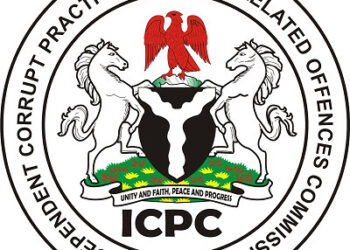Three native doctors in Anambra State, including prominent figures such as Chidozie Nwangwu, popularly known as
“Akwa Okuko Tiwara Aki,” were arraigned at the Anambra State High Court on Friday, April 4, 2025. The trio, alongside
Eke Hit and Onye Eze, face serious charges related to ritual practices, including money rituals, “oke ite” (ritual
sacrifices), and the preparation of charms for criminals.
This court appearance follows their arrest in February 2025, which came shortly after Governor Prof. Chukwuma
Soludo’s declaration of war on native doctors believed to be fueling the rising insecurity in the state.
The native doctors’ arrest was prompted by their suspected involvement in activities that are alleged to have
exacerbated violence and criminality in Anambra. The state government, through the newly formed security outfits
“Agunechemba” and “Operation Udo-ga-chi,” has been actively targeting those involved in illegal rituals and criminal activities.
The arrests were seen as part of a larger effort to curb the rising insecurity that had plagued the region in recent
months, and which has improved significantly since these initiatives began.
You may also like: PDP Rejects Anambra LG Election Results
The suspects were apprehended by Agunechemba operatives at their respective locations, leading to heightened
tensions in the state. Their arrest has sparked a mixed response, with traditional religious practitioners in the state
protesting against the actions, claiming that the crackdown unfairly targets their practices and livelihood.
The controversy surrounding the arrests has sparked debates on the balance between law enforcement and cultural
practices in Anambra. The Anambra State government, in its efforts to restore peace and security, has made it clear
that such illegal activities will not be tolerated. The state’s decision to prosecute the native doctors is in line with the
broader security strategy aimed at ensuring public safety and eradicating criminal elements. Governor Soludo has
promised to continue the fight against ritual practices that are believed to fuel crime and violence.
Meanwhile, religious and community leaders in Anambra have called for calm and urged their followers to cooperate
with law enforcement authorities. They have also called for a broader dialogue on the role of traditional practices in
society and how to differentiate between cultural heritage and criminal activity.
The case has been adjourned, with further proceedings expected in the coming weeks. As the legal process unfolds,
the public remains divided on the implications of the government’s crackdown on native doctors. Many are hopeful
that the actions will lead to lasting peace, while others are concerned about the potential for cultural practices to be unfairly targeted.





































